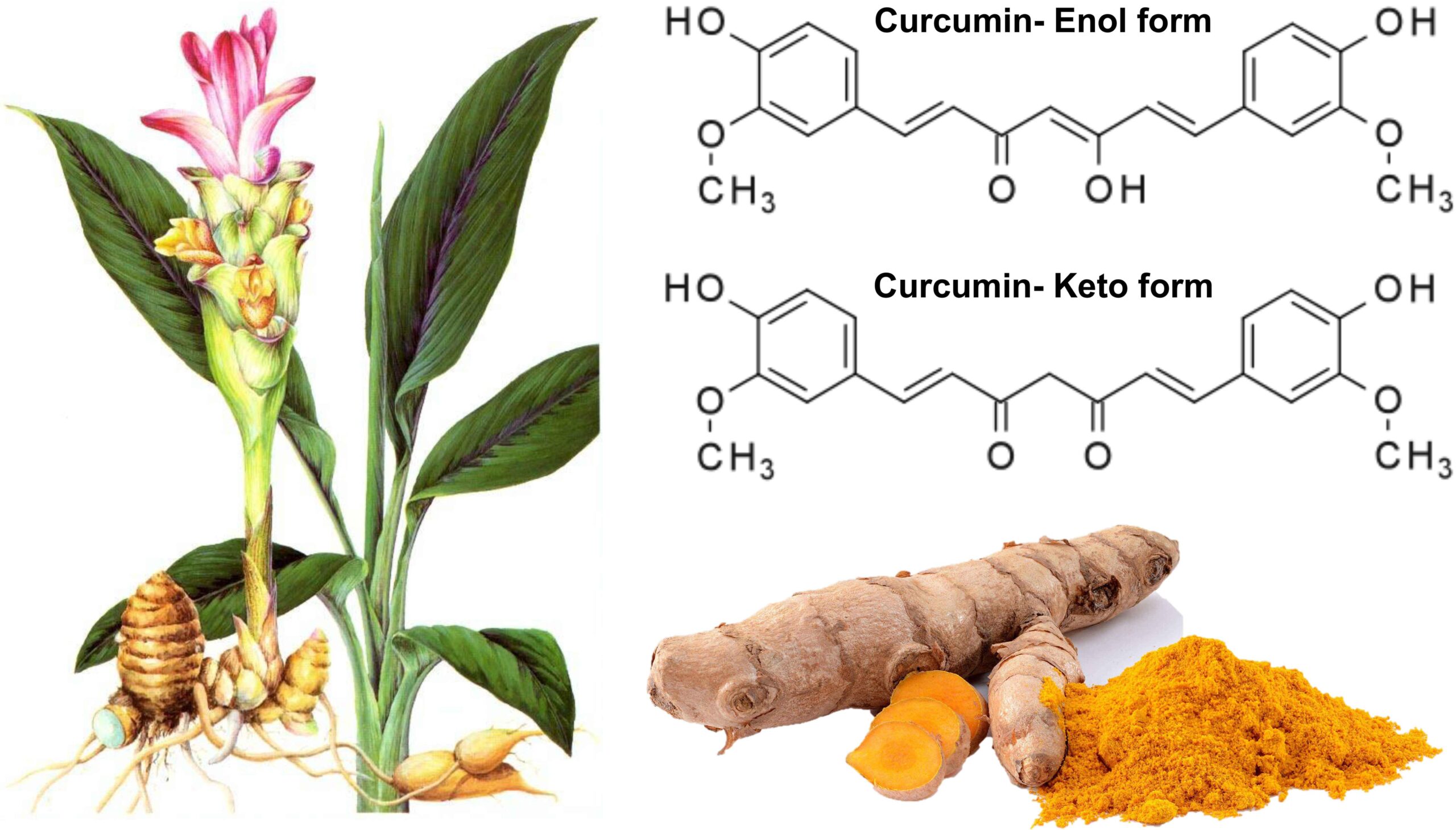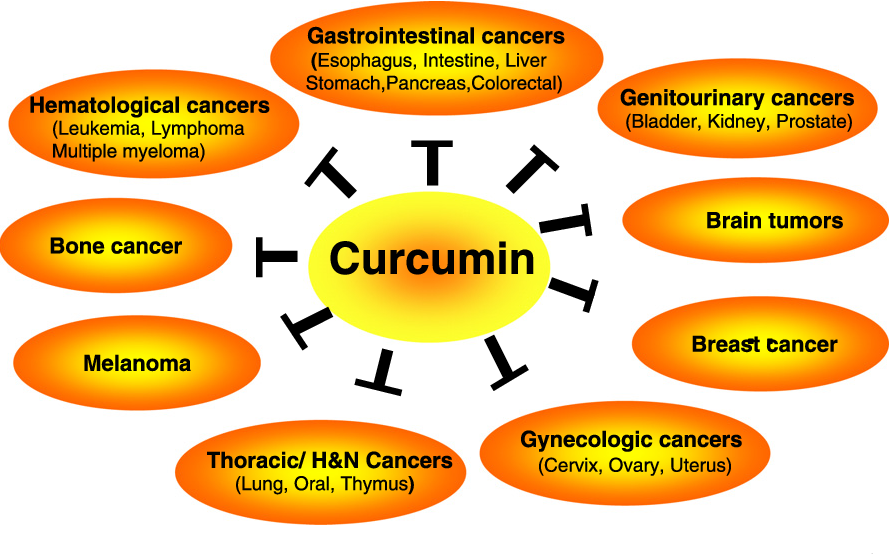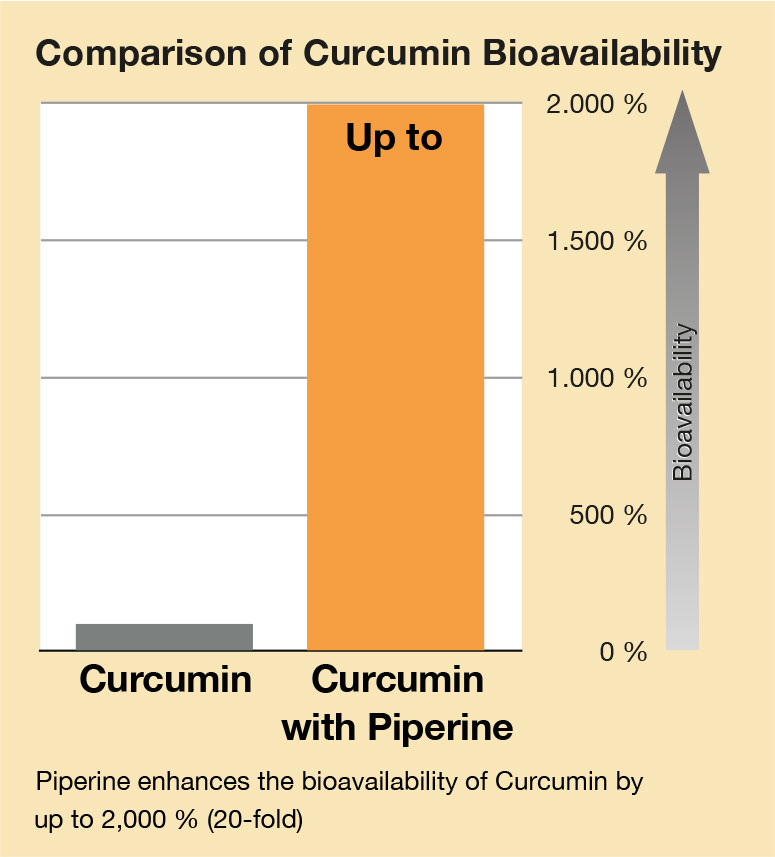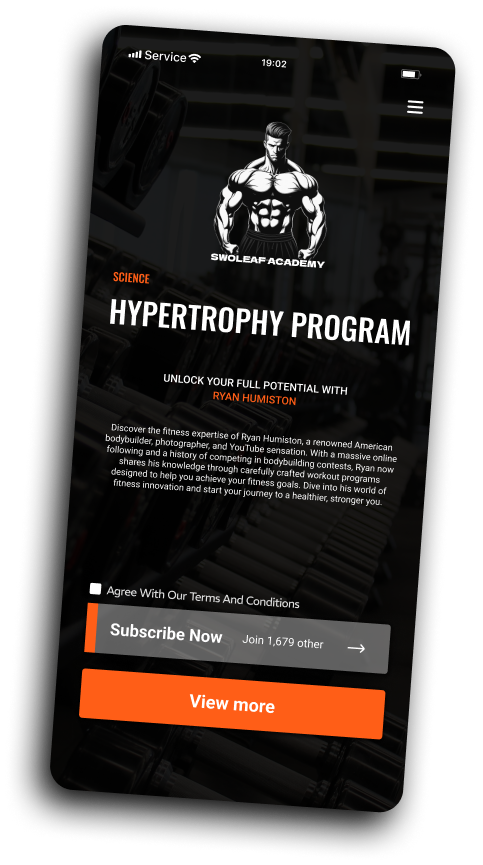Curcumin, from turmeric rhizomes, isn’t just tasty – it might be a health superhero too! Curcumin takes center stage in the turmeric plant’s roots and belongs to the ginger family. Curcuma longa, a tropical marvel, hails from Southeast Asia, with India as its primary origin. Turmeric is the root part of the plant which contains curcuminoid, with curcumin being the most studied and significant. Turmeric’s bright yellow color enhances dishes’ visual appeal, but it’s curcumin that’s the behind–the–scenes health contributor. Turmeric isn’t just about flavor-it’s also a big deal in many different traditions.

In India, women have been using turmeric for ages because of its health benefits. India is the top global producer and exporter of turmeric, contributing about 80% of the world’s supply. Curcumin’s presence in turmeric, by weight, usually ranges between 2% to 5%.
Historical Use Of Curcumin In Traditional Medicine
- Ancient Ayurvedic Wisdom: Ayurveda, the ancient system of holistic healing in India, has celebrated curcumin’s therapeutic prowess for over 5,000 years. Curcumin was considered a “vishagni” in Ayurveda, a compound that ignites the digestive fire, aiding digestion and metabolism.
- A Golden Elixir across Asia: In traditional Chinese medicine (TCM), turmeric was used to invigorate blood circulation, alleviate pain, and even address menstrual irregularities. Long ago in Indonesian traditional medicine, curcumin was seen as a way to cleanse the body and help the liver work better.
- Healing Across Civilizations: In ancient times, the Greeks and Romans saw curcumin’s value for its ability to reduce inflammation and help with different health issues. Arab physicians of the medieval era embraced curcumin as well, incorporating it into their medical practices to address digestive and inflammatory concerns.
- Modern Rediscovery: The world of science has rekindled interest in curcumin. While turmeric’s color makes dishes look pretty, it’s curcumin that holds the health magic. It’s being noticed because of the health perks, antioxidant quality, weight loss, and detox potential.
Turmeric’s Role Across Cultures
Using turmeric in cooking gives Indian curry a cool gold color and earthy flavor that makes curries and stews extra awesome.
- In Southeast Asian turmeric, from Thailand to Indonesia, turmeric lends dishes a rich depth, creating a culinary symphony of tastes.
- In the Middle East, it’s commonly included in spice blends such as ras el hanout, and in Iranian cuisine, it imparts flavor to hearty stews.
- The cuisine of Central Asia underwent a taste transformation, with dishes like pilafs and hearty meats gaining enhanced flavor.
- Southeast Asian cuisines like Thai and Indonesian draw upon turmeric’s aromatic charm, turning it into a paste for satay and a fragrant base for rice dishes.
Antioxidant Properties of Curcumin
- Neutralizing Free Radicals: Curcumin’s most acclaimed feature is its role as an antioxidant, which involves neutralizing free radicals.
- Enzymatic assistance: Curcumin combats free radicals and triggers enzyme antioxidants like SOD and GPx, boosting the body’s inherent defense mechanisms.
- Cellular Fortification: Imagine curcumin as a protective fortress around your cells, working as an antioxidant to shield vital cell parts from oxidative stress and maintain their optimal function.
- Penetrating the Blood-Brain Barrier: Curcumin has an incredible ability to cross the blood-brain barrier, which is the protective shield around the brain. This shows it could give antioxidants to the brain which in the long run could help with brain health.
- Combating Inflammation-Induced Oxidative Stress: Inflammation and oxidative stress can happen together. Curcumin’s dual function as an anti-inflammatory and anti-oxidant makes it potent against these difficulties.
- Overcoming Bioavailability Challenges: Curcumin’s bioavailability, or its ability to be absorbed by the body, can be limited. However, strategies like combining curcumin with piperine from black pepper can enhance its absorption.

Curcumin’s Role against Chronic Inflammation
- Balancing Inflammatory Pathways: By targeting key inflammatory molecules, curcumin helps restore balance in the body’s response to inflammatory triggers.
- Reducing Cytokine Storms: A cytokine storm occurs when the immune system overreacts, releasing an excessive amount of cytokines in response to an infection or trigger. This could trigger extensive body-wide issues. Curcumin’s anti-inflammatory action extends to decrease this cytokine surge.
- Managing Autoimmune responses: Autoimmune conditions are when the body mistakenly attacks its tissues or organs. Guess what? Curcumin might help keep your immune system in check and could be good for handling autoimmune issues.
- Joint Health Support: Health conditions such as osteoarthritis and rheumatoid arthritis are marked by chronic joint inflammation, and people may find relief in curcumin. Its power against inflammation might relieve pain and make joints work better.
- Gut Inflammation Management: Inflammatory colon conditions like Crohn’s disease and ulcerative colitis involve chronic gut inflammation. Curcumin’s inflammation-fighting ability might ease symptoms and promote gut health.
- Uncovering mood positivity: Curcumin’s potential to enhance mood is connected to handling inflammation-related mood issues like depression; its inflammation-reducing qualities could enhance mental well-being.
Curcumin’s Role in Prevention and Cancer Treatment
Cancer is marked by the rapid multiplication of abnormal cells. Researchers are exploring curcumin’s potential in both preventing and treating cancerous lesions through ongoing studies, aiming to better understand its effects and applications.
- Blocking Tumor Growth: Evidence shows that curcumin might slow cancer growth by interrupting signals and reducing the growth of various tumors. This is backed by clinical trials on breast, colorectal, pancreatic, prostate, and lung cancers.
- Encouraging Cell Death: A study shows curcumin may promote apoptosis (programmed cell death) in breast cancer cells, potentially slowing down tumor growth.
- Stopping Blood Vessel Formation: Curcumin’s ability to prevent new blood vessel formation, crucial for tumor growth, may limit cancer’s nutrient supply and its ability to spread.
- Boosting Standard Treatments: Some studies propose curcumin can enhance the impact of chemotherapy and radiation by sensitizing cancer cells to these therapies.
- Influencing Cancer-Related Genes: Curcumin can affect gene expression, including those linked to cancer, potentially regulating tumor suppression and cell death.
- Potential as a Partner in Treatment: Curcumin works alongside standard cancer treatments by targeting various stages of cancer’s development and progression.

Curcumin and Diabetes
Curcumin in turmeric might assist patients with Type 2 diabetes by making insulin sensitivity work better and controlling blood sugar. Blood sugar levels, including HbA1c, diagnose and indicate the severity of hyperglycemia. Managing diabetes involves balanced nutrition. Curcumin’s antioxidant and anti-inflammatory qualities might shield you against diabetic eye conditions like retinopathy and kidney disease. Animal studies point to potential blood sugar decrease, yet human research is critical; curcumin might play a role in diabetes management, including kidney matters, but seek advice from a professional before adjusting your diet.
Curcumin and Cardiovascular Health
Curcumin has garnered attention for its potential impacts on cardiovascular health due to its multifaceted properties:
- Cardiovascular Protection: Heart disease and strokes continue to be the top reasons for global deaths. Curcumin might shield your heart tissues by fighting off inflammation and stress.
- Enhancing Heart Function: Curcumin has the potential to enhance blood circulation and cardiovascular strength, providing advantages for heart-related issues.
- Cholesterol Regulation: Curcumin might be useful for maintaining heart health by lowering “bad” cholesterol (LDL) and boosting “good” cholesterol (HDL), potentially reducing the risk of heart attacks.
- Blood Pressure Management: Curcumin’s potential to relax blood vessels and regulate blood pressure might aid in maintaining healthy blood pressure levels and reducing the strain on the heart.
- Anti-thrombotic Effects: Curcumin’s anti-platelet properties may discourage blood clot formation, diminishing the risk of harmful clot–related incidents like heart attacks or strokes.
- Endothelial Health Enhancement: Curcumin’s impact on improving endothelial function, and the inner lining of blood vessels, could promote healthy blood circulation and help prevent the development of atherosclerosis.
Effects Of Curcumin On Gut Microbiota And Digestive Health
Curcumin’s effects on gut microbes and digestion could lead to microbial balance, potentially promoting gut health, particularly relevant in conditions like cystic fibrosis. Although animal and cell studies are promising, human trials are limited, and curcumin’s bioavailability is still a challenge.
Also, curcumin’s antimicrobial properties show improvements in diarrhea symptoms. It does this by reducing gut inflammation and inhibiting harmful microbial growth, although more research is needed on this.
It’s Potential In Managing Neurodegenerative Diseases
- Alzheimer’s Disease: Curcumin could help fight Alzheimer’s because it can stop the amyloidal plaques from forming. But curcumin isn’t just about fighting plaques—it’s also an antioxidant combating oxidative stress and inflammation, possibly slowing cognitive decline.
- Parkinson’s Disease: Curcumin might shield brain cells and stop the buildup of alpha-synuclein, a Parkinson’s contributor to brain protection.
- Curcumin’s promise in Huntington’s: Its versatile effects may help combat oxidative stress and inflammation tied to the disease’s advancement.
- Multiple Sclerosis (MS): The anti-inflammatory and immune-regulating effects of curcumin might offer promise in addressing immune system dysfunction and neuroinflammation observed in multiple sclerosis (MS).
- Exploring Prion Solutions: Curcumin’s potential to stop misfolding could aid in addressing prion disorders, potentially offering treatment for these intricate conditions.
- Clinical Translation Challenges: A pilot study on curcumin typically refers to a small-scale, preliminary investigation to assess the safety and potential effectiveness of using curcumin for various issues. These early studies usually include a small group of people and happen before larger and more thorough clinical trials. Even though the initial results look promising, there are obstacles such as how the body absorbs curcumin.
Exploring Curcumin’s Skin Benefits
- Psoriasis Relief: Curcumin’s anti-inflammatory effects might help relieve symptoms of psoriasis, like redness, itchiness, and scaling.
- Eczema Comfort: Curcumin can help balance the immune system and reduce inflammation. This might help with eczema flare-ups by taming the immune system and calming down skin inflammation. While promising, consulting a healthcare professional before using curcumin as part of eczema management is recommended for personalized guidance.
- Wound Healing Support: Curcumin’s ability to enhance collagen production and promote cell regeneration could aid in wound healing and minimize scars.
- Brightening Effects: Curcumin’s ability to reduce excess melanin production may help achieve a more even skin tone, making it popular in skin brightening products.
- Anti-Aging Ally: Curcumin’s antioxidant prowess battles the signs of aging by preventing collagen breakdown and maintaining skin elasticity.
- Sun Protection Enhancement: Some studies suggest that curcumin’s antioxidants could offer a degree of protection against UV radiation, contributing to sun damage prevention.
Using curcumin for various skin problems has potential, but caution is advised. Chat with a skin expert before using curcumin products to tailor your skincare routine.

Curcumin Bioavailability Challenges
Here are some key reasons:
- Low Absorption: Curcumin is hard for the body to absorb in its natural state because it doesn’t dissolve well in water and is quickly broken down by the liver and intestines. Most of what’s ingested gets broken down and eliminated, making its effectiveness limiting.
- Quick Breakdown: Our body’s enzymes quickly break down the curcumin, meaning the time it remains active in the bloodstream is short-lived.
- Limited Reach: Curcumin faces challenges in reaching various tissues in our body as it cannot penetrate cell membranes effectively.
- Liver Detour: When ingested, curcumin encounters “first-pass metabolism,” where a significant part is metabolized by the liver before it even reaches the systemic circulation, further limiting its availability.
- Making It Work Better: Researchers are working on different formulations to improve curcumin’s activity in the body. Some methods include nanoformulations (making it smaller), using specialized carriers such as teaming it up with other substances or using black pepper extract to enhance its absorption through the gut.

The Safety Of Curcumin As A Dietary Supplement
- GRAS (Generally Recognized As Safe) Approval: Curcumin’s safety is widely accepted in diets due to its culinary history, yet supplement use at higher doses should be approached with caution.
- Low Toxicity: In numerous preclinical studies, curcumin has demonstrated low toxicity, indicating its relative safety even at higher concentrations.
- Potential Gastrointestinal Effects: Curcumin pills might upset your tummy, but having them with food could make it better.
- Synergy Possibility: Ibuprofen and curcumin share anti-inflammatory traits; their combination could synergistically handle inflammation-related conditions, though dosages and interactions require careful attention.
- Interaction with Drugs: Curcumin’s ability to influence drug metabolism enzymes may interact with certain medicines, altering their effects. Consultation with a healthcare professional is advised, particularly if taking medications.
- Bleeding Risk and Surgery: Caution is advised with curcumin’s anti-platelet effects, especially when combined with blood-thinning medications like aspirin, or those getting ready for surgery should stop curcumin supplements in advance.
- Allergic Reactions: While rare, some side effects of curcumin include allergic reactions. People with known allergies to turmeric or related plants should exercise caution when considering curcumin supplementation.
- Pregnancy and Lactation: Limited data exist on turmeric supplement safety during pregnancy and lactation. As a precaution, pregnant and breastfeeding individuals should consult healthcare professionals before supplementing with curcumin.
Types Of Curcumin Supplements Available
- Standard Curcumin Extract: The typical form is standard curcumin extract, which encompasses curcuminoids-turmeric’s active elements present in capsules or tablets, delivering the health perks.
- Liposomal Curcumin: Encased in tiny lipid molecules, liposomal curcumin improves bioavailability by protecting curcumin from the digestive system’s harsh environment. It might provide enhanced absorption.
- Micellar Curcumin: Micelles, tiny structures formed by specific molecules, aid curcumin solubility and absorption. Micellar curcumin supplements aim to improve bioavailability.
- Nanoformulated Curcumin: Curcumin nanoparticles, in nanoformulated supplements, boost enhanced solubility and cellular uptake.
- Curcumin Gel Capsules: These gel-based capsules might provide better curcumin absorption compared to traditional capsules. The gel matrix helps improve the dissolving and uptake process.
- Time-Release Curcumin: Designed for sustained release, these supplements slowly release curcumin over time, maintaining consistent levels in the bloodstream.
- Curcumin Topical Products: Apart from oral supplements, curcumin is also available in topical forms such as creams and lotions, targeting localized issues like skin health.
- Combination Formulas: In various combinations, curcumin collaborates with antioxidants, vitamins, or minerals to target specific health matters.
Curcumin Consumption Guidelines
- Daily Usage: To promote overall health and potential benefits, the usual curcumin quantity is 500 to 2,000 milligrams per day. Before you start taking new supplements, talk to a healthcare professional.
- Standardized Extracts: Curcumin supplements often come in standardized extracts, usually containing 95% curcuminoids. When choosing a supplement, go far for a reputable brand that provides clear curcumin content information.
- Variability in Dosages: Dosages might vary based on the specific health condition you aim to address.
- Combined Approaches: Curcumin’s benefits can complement a well-balanced diet rich in foods with curcumin content, such as turmeric in culinary dishes. Combining both dietary and supplemental sources can be advantageous.
- Start Low and Gradually Increase: If you’re new to curcumin supplementation, start with a lower dose and gradually increase it. This method helps you understand your body’s response and minimizes the risk of adverse effects.









